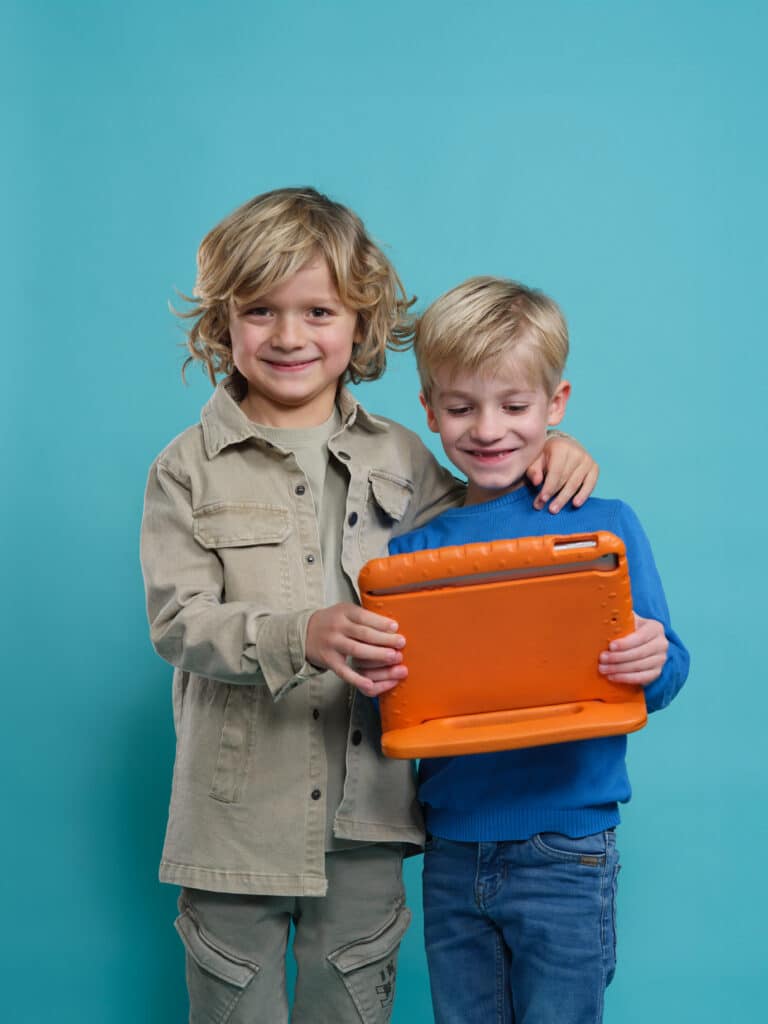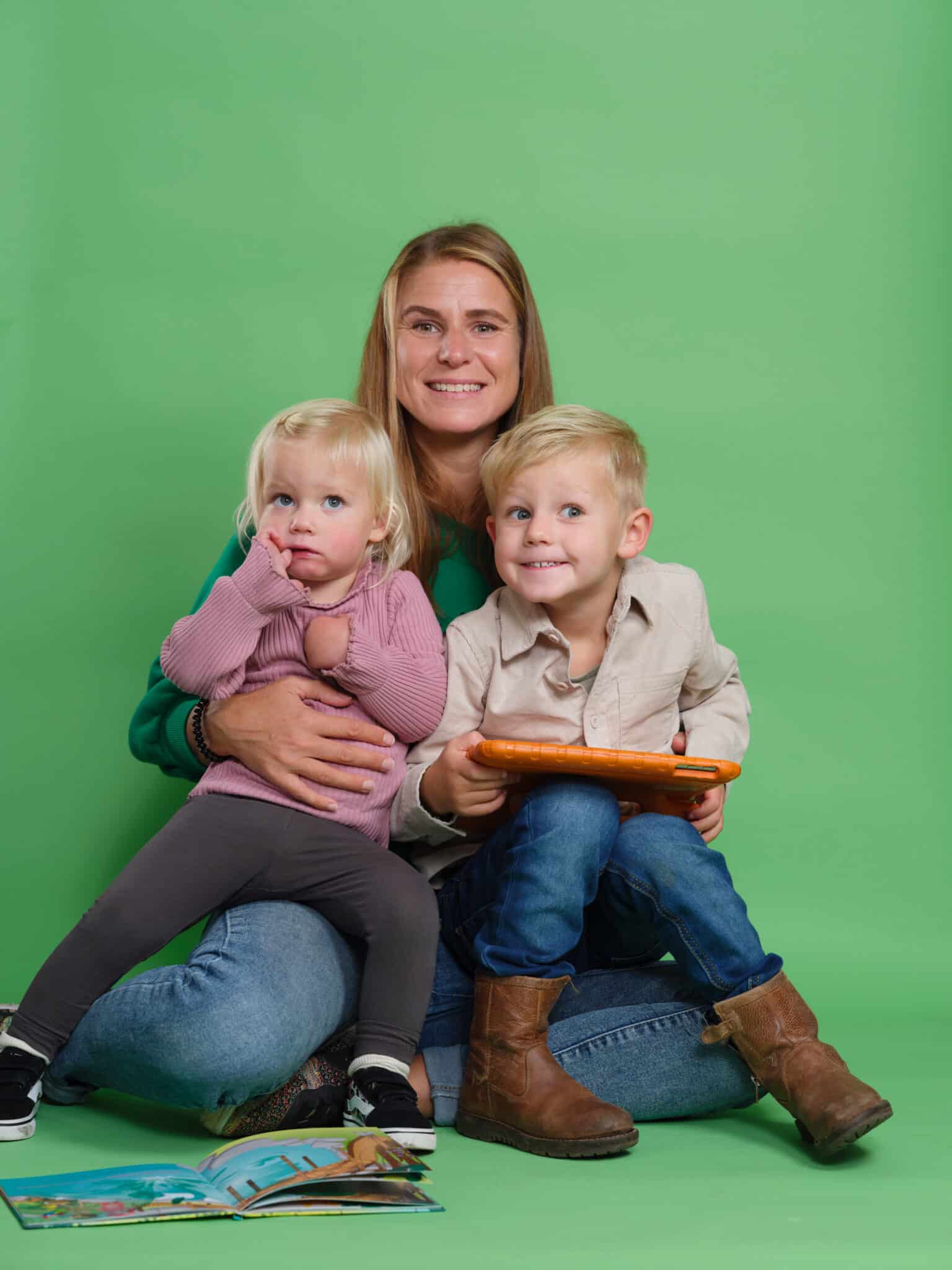Learning languages the fun way
LEARNING LANGUAGES THROUGH PLAY
Everyone knows that learning through play works. But can you also learn languages through play? Yes, you can! Several scientific studies prove that. The brain of young children can learn a new language very easily right up to the age of eight. Without having to put any effort into it.

Bright future
Do you also think it is important for your child to do well when they get older? With today's globalization, it is important to speak several languages. Give your child a flying start by offering other languages at an early age. Especially because young children learn new languages so easily and quickly!
EarlyBird
With Jungle the Bungle, you learn new languages effectively. Therefore we work together with EarlyBird. EarlyBird has years of experience guiding primary schools and childcare centres across the Netherlands. They help introduce quality English and world citizenship.

Using English to learn
Children learn the exact opposite way to adults. We learn a language to use it, but children get to work with a language and that is how they learn it. So: Adults: learn a new language to use it versus Children: use a new language to learn it
Useful screen time
Many parents struggle with young children's media use. On screens or not? For how long? Which apps are good? Our view: screens are part of life nowadays, but it is important to use them consciously. The app from Jungle the Bungle gives children lots of fun and they also learn a new language!
Quality time together
Start playful learning with your child through the Jungle the Bungle books. Children enjoy learning a new language. And they like one-to-one attention even more. Enjoy their proud faces when they show you what they can already understand!
Only advantages
The biggest advantage of learning languages from a young age is that you don't have to put in any effort at all. The piece in your brain responsible for language development is super-active until the age of eight. After that, it becomes less active and after the age of 15 you have to put as much effort into learning a language as an adult.
For learning new languages, we have developed multilingual books and an interactive language app.
Frequently asked questions
We understand, as a parent, you will have many questions when you start working with another language. We try to explain and answer as many as possible. If you cannot find the answer to your question, please let us know via the contact form. We will get back to you. This may take a few days.
You don’t have to be a native speaker to help your child learn another language at home. To learn words and phrases in another language, you do need to have a reasonable command of the pronunciation.
It depends on whether you really want to raise your child bilingually or whether you want to introduce your child to other languages. If you choose to raise a bilingual child, introduce both languages from birth. A good method is the OPOL method - one parent one language. If you choose this method, it is important that both parents speak consistently in their own language to their child. If you decide not to opt for a bilingual upbringing, it is best to offer a new language once your child already knows some words in their mother tongue.
Jungle the Bungle uses natural language acquisition. First, it focuses on listening and understanding, and then on speaking. Reading and writing follow even later. We work together with EarlyBird: the expertise centre for early English and a government-certified language agency. EarlyBird supports schools and childcare centres to set up high-quality English teaching programmes.
Jungle the Bungle is a great addition to your child's bilingual and multilingual upbringing. However, you will also need to invest time into multilingual upbringing yourself. Just using the books and the app from Jungle the Bungle is not enough to raise your child multilingually.





